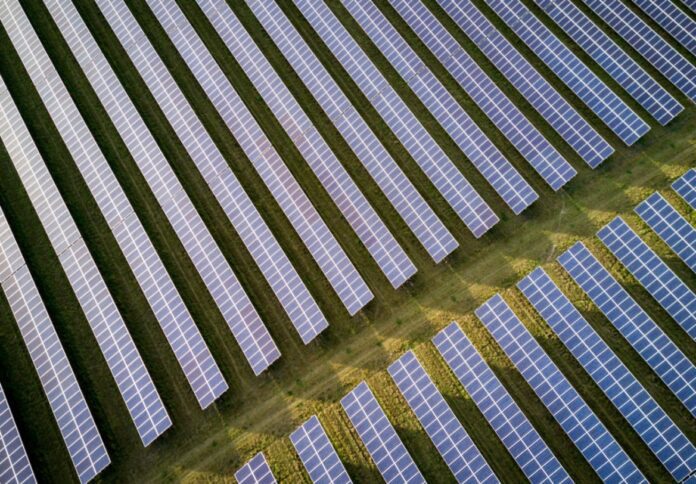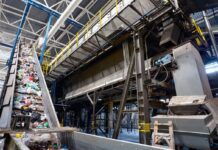
New South Wales has taken the lead in advancing a national approach to solar panel reuse and recycling, following an agreement between Commonwealth, state and territory governments to progress work on a product stewardship scheme.
At the Energy and Climate Change Ministerial Council meeting in Sydney on 15 August, NSW presented a paper advocating a mandated national program to divert solar panels from landfill and instead direct them towards remanufacturing and recycling.
The NSW Government, which is already developing a mandated stewardship program for batteries, will now lead preliminary work alongside other jurisdictions to prepare a Regulatory Impact Statement assessing options for a national scheme.
The push comes as solar panel waste volumes in Australia are projected to rise sharply, nearly doubling from 59,340 tonnes in 2025 to more than 91,000 tonnes in 2030.
Much of this growth will come from domestic rooftop systems in metropolitan areas, while regional waste from large-scale solar farms is expected to grow significantly after 2030.
NSW Minister for Energy and the Environment Penny Sharpe said the state was committed to building a coordinated framework to manage the full lifecycle of solar panels.
“We are proud to be leading the charge to create a unified approach to solar panel waste management and recycling,” Sharpe said.
“This work builds on the momentum of our nation-leading reform on batteries, and the new legislation already in place in NSW to enable a mandatory product stewardship scheme – ensuring suppliers take responsibility for the safe design, recycling and disposal of their products.”
More than 95 per cent of a solar panel is recyclable, with valuable materials such as aluminium, glass, copper, silver and silicon able to be recovered. The Smart Energy Council estimates that up to one-third of panels could be reused rather than discarded, which could contribute 24 gigawatts of energy by 2040, enough to power six million homes annually.
Smart Energy Council CEO John Grimes said urgent action was needed to prevent panels from ending up in landfill.
“It’s been a decade since the federal government acknowledged solar panels going into landfill was a problem. Now, four million panels are coming off roofs a year with less than 5 per cent being recycled. The time for talk has passed,” Grimes said.
The Council has called for a national solar stewardship pilot to keep the industry viable while the Regulatory Impact Statement is developed. Grimes said the NSW Government’s leadership was central to moving the issue forward.
The manufacturing sector is also expected to benefit from the policy shift. Australian Manufacturing Workers’ Union NSW/ACT State Secretary Brad Pidgeon said remanufacturing and recycling panels locally would support new opportunities in renewable energy manufacturing.
“A national solar panel stewardship scheme is a major opportunity for Australian jobs. Remanufacturing and recycling panels here means more onshore work in the renewable energy supply chain instead of shipping valuable materials offshore or losing them as waste,” Pidgeon said.



















